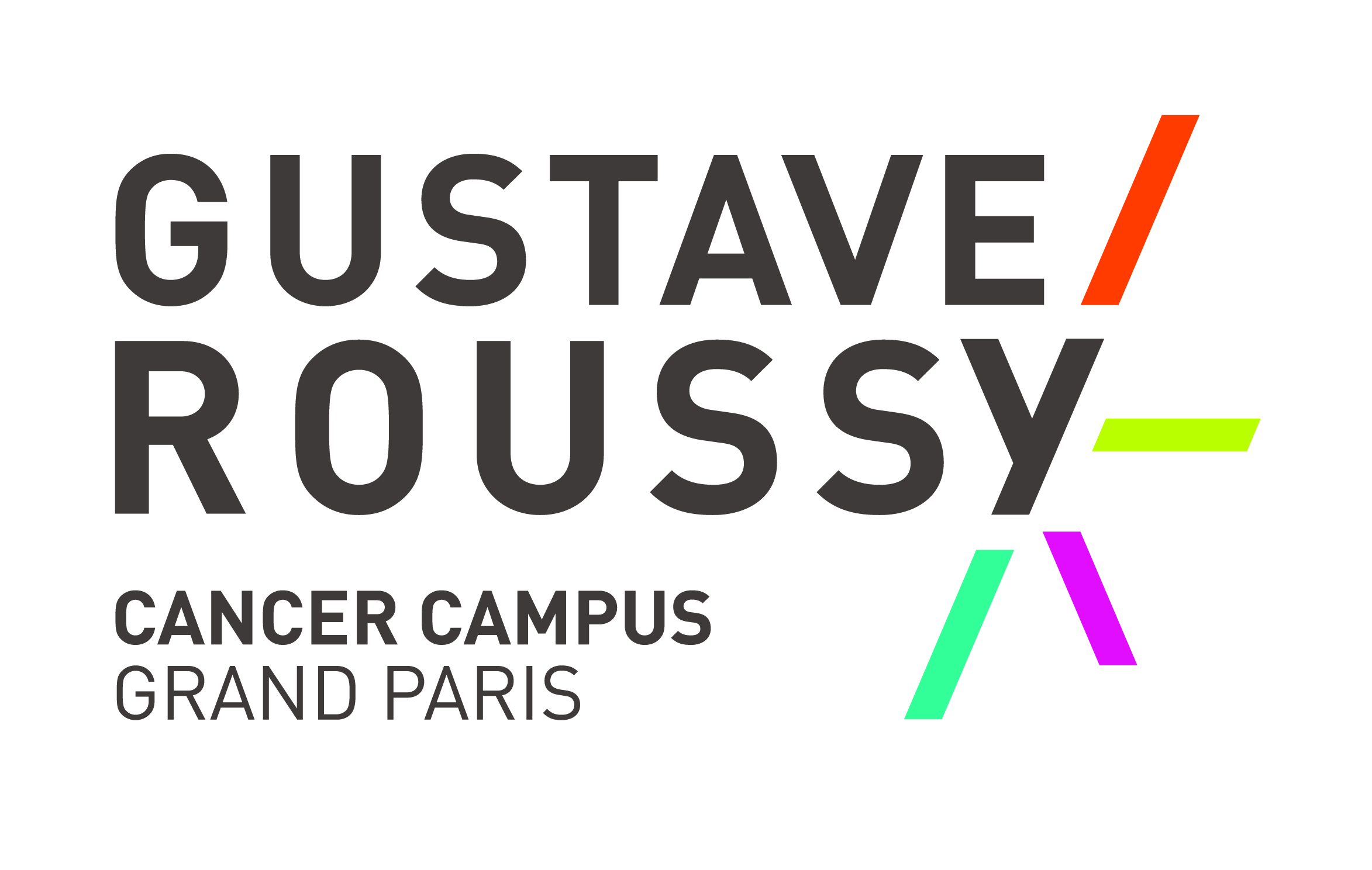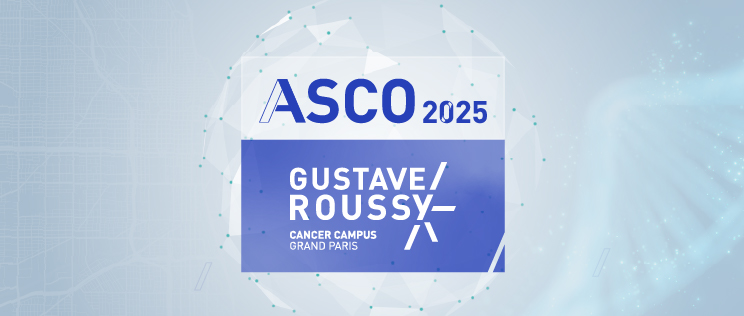Ewing sarcoma is the second most common malignant bone tumour in France. It mainly affects children, adolescents, and young adults, with two-thirds of patients aged between 5 and 25. The most important prognostic factor at diagnosis is the presence of metastases. Patients with extrapulmonary metastases face a particularly poor outlook, with a three-year progression-free survival rate of just 20%.
To improve outcomes for these high-risk patients, the EURO EWING consortium is committed to developing and evaluating new therapeutic approaches from the very first line of treatment. The goal is to ensure that young patients benefit from therapeutic innovations at the outset of their care. This approach stands in contrast to traditional early-phase clinical trial protocols, which typically reserve access to innovative treatments for relapse situations.
It is in this context that the Rego-Inter-Ewing-1 study was launched, sponsored by Gustave Roussy, with results presented in an oral session at the ASCO 2025 Congress by Dr Pablo Berlanga, paediatric oncologist at the Institute. It is an international, multicentre phase Ib trial, designed to assess the combination of standard chemotherapy and a new therapy, regorafenib, as a first-line treatment for patients diagnosed with multi-metastatic Ewing sarcoma.
A Feasible Combination
Regorafenib is a tyrosine kinase inhibitor that has shown some efficacy as a monotherapy, albeit limited, in relapsed Ewing sarcoma. The aim of the Rego-Inter-Ewing-1 trial is to combine it with chemotherapy from the outset, as part of first-line treatment. To this end, the study assessed the feasibility of combining regorafenib with standard VDC/IE chemotherapy in Ewing sarcoma.
A total of 13 patients aged between 8 and 23 years were recruited across seven centres in France, Australia, and the Netherlands. Early results show that the combination is well tolerated, with only one dose-limiting toxicity observed and no unexpected adverse events reported.
The Rego-Inter-Ewing-1 study has made it possible to determine the maximum tolerable dose of regorafenib for young patients.
This research was made possible with support from the 2021 Fight Kids Cancer call for projects. Regorafenib was provided by Bayer.
“These results support the upcoming launch of a European phase III trial, which will compare the regorafenib/chemotherapy combination to chemotherapy alone in all newly diagnosed multi-metastatic Ewing sarcomas,” concludes Dr Berlanga. This new trial is expected to open in France by the end of 2025.
Oral abstract session presented by Dr Pablo Berlanga.
Saturday, 31 May 2025 | 16:57 UTC-5.

